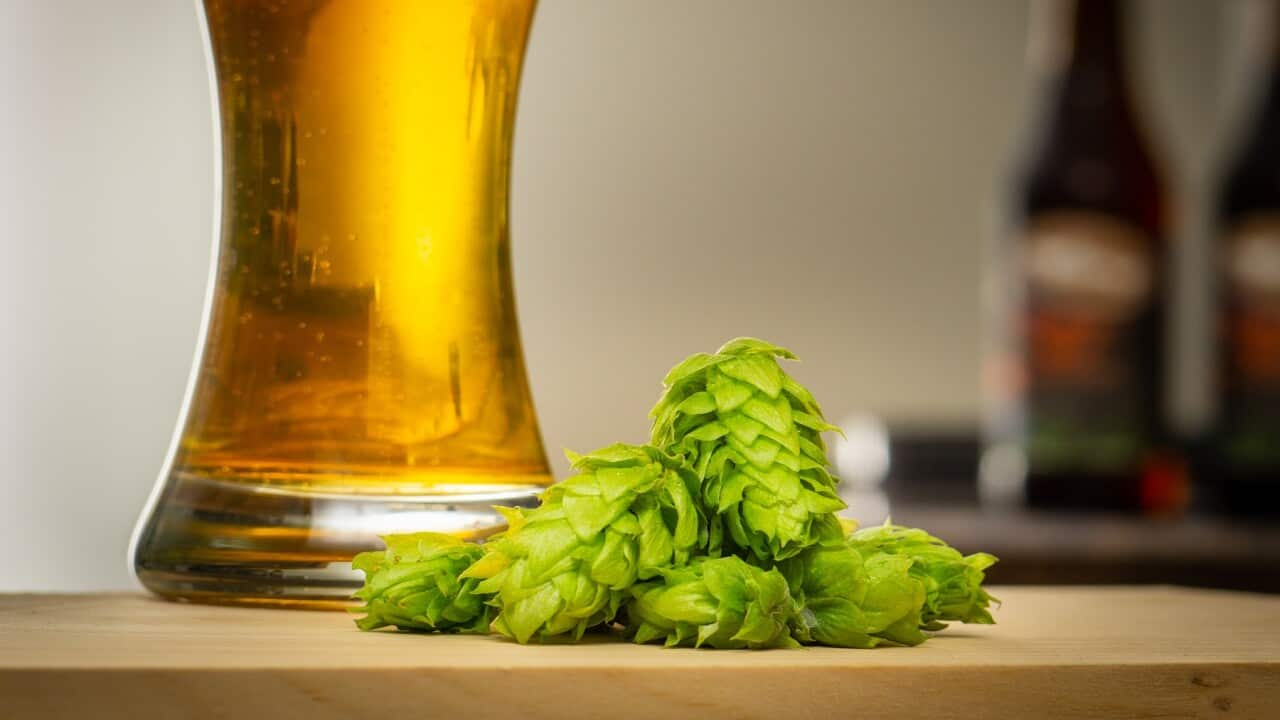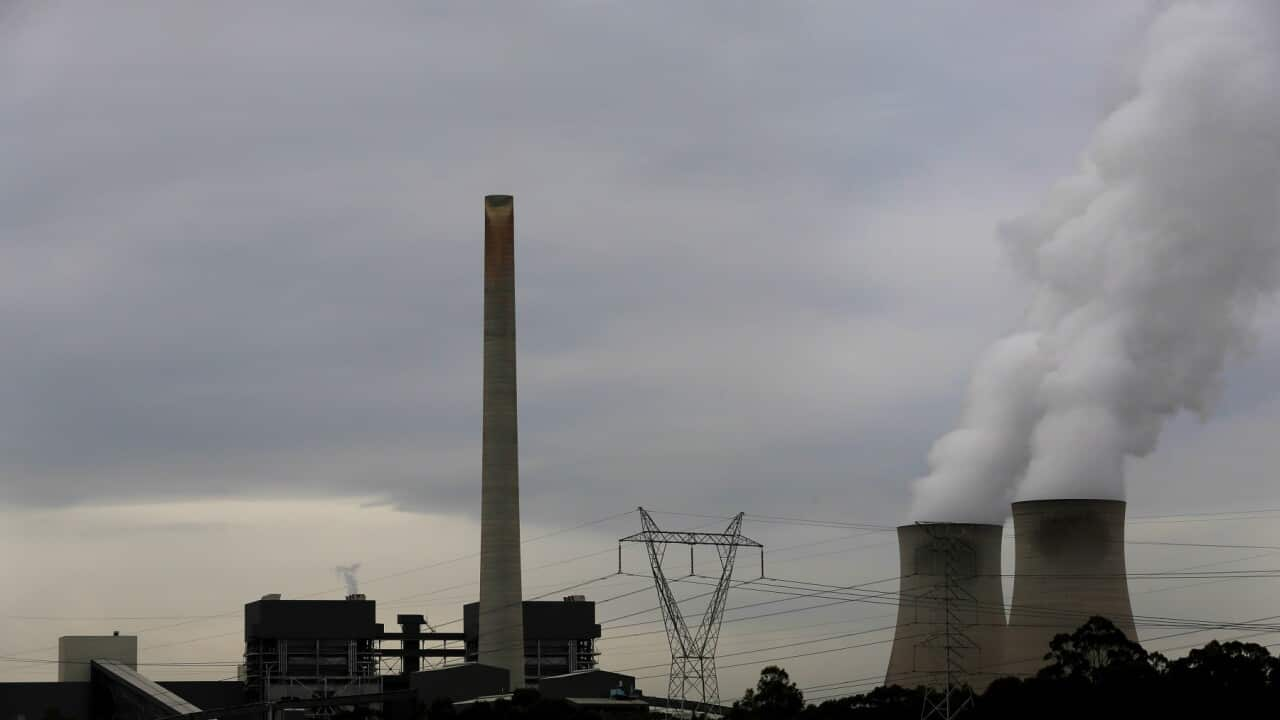TRANSCRIPT
The keys to combating the climate change that's wreaking havoc on Germany's beer industry could lie inside a plant nursery at the Society of Hop Research north of Munich.
The seedlings here are a mix of new varieties that sprouted from research, education and centuries-old German traditions in hops farming and beer brewing.
Walter König is Managing Director of the Society of Hop Research:
“We grew up here more than 7,000 seedlings every year. They are selected out of more than 100,000 small seedlings. But we give a lot of diseases and enemies over them so that the ones staying in here are really the healthy ones that survived this treatment."
Their aim is to produce hop plants that will grow to be seven meters tall and still be strong enough to withstand a multitude of diseases and disasters thrown at them — like rising temperatures, drought and the dreaded powdery mildew that can wipe out entire crops.
“The new varieties gives our farmers the chance to have an income, to have a living for the next generation and gives our brewer the varieties that they need now and in the future,"
Researchers hope the specially bred hops will grow to become climate change-resistant and commercially viable varieties that will ultimately be brewed into beers served around the world.
At every stage, the plants will be incorporated into education in university and vocational school classrooms, breweries and farms across Germany.
Human-caused climate change has made the world hotter, and increased the likelihood of both long droughts and intense bursts of rainfall.
Thomas Becker, a professor and chair of brewing technology at the Technical University of Munich says it has affected farmers and their practices worldwide, including in the beer-making region of Bavaria — where the art and craft of hops-farming and beer-brewing dates back more than a thousand years.
“Climate change is taking place. This is true. You cannot doubt this. And for us, it's important that we think science and education in the same way, in the same direction."
Professor Becker, says farmers’ yields are rapidly shrinking, and what’s left has become totally different, forcing brewers to change their recipes in order to achieve the historic tastes.
The professor oversees the university’s research brewery, teaches the 400 to 500 students in his program to think about how climate change affects the entire beer industry, from the soil to the bottle that will be sold on the commercial market.
“Raw materials are changing with time, are changing with the climate. So we get nearly each year a different quality. And these qualities behave differently in the process. And the consequence is that the products, which will come out at the end of the step sequence, is also a bit changing in their shape, flavor, quality. And this is what we must really tackle somehow and we must find a solution for how we can really solve and improve this."
Professor Becker also challenges his students to minimize energy consumption during their brewing and finish with a product that has a longer shelf-life to limit waste.
The students quickly learn that it's increasingly difficult to brew a crisp, cold beer on a warming planet — and it could get even harder, according to a study published last year in the journal Nature Communications.
Researchers forecast a four to 18 per cent decrease in hop yields across growing regions in Europe by 2050 if farmers don't adapt to the changing climate.
Andreas Widmann, a 32-year-old fourth-generation hops farmer in Bavaria, lost 20 to 30 per cent of his yields in recent years after hot, dry summers.
Now he works with his farm’s apprentices to figure out the best way to water sustainably with irrigation, use fertiliser efficiently and plant new varieties that can handle climate change and still be marketable to brewers who want to keep the classic taste.
“Looking into the future of hop growing is always a very difficult thing. Because on the one hand it depends on supply and demand. What kind of hops do brewers want? On the other hand, we say yes, we need climate-tolerant varieties to be grown. Now it’s the time for a lot of promotion to be done, so that brewers finally become courageous and take the step to go into the new varieties. Because then we would feel safer again in the future.”
Professor Becker says time is running out for farmers and the brewing industry to find successful solutions:
"I think we must educate the people, our young students, our young talents, in a way that they understand the things: what is the consequence of the climate change, especially in respect to changing raw materials? If they understand these things, they can really find solutions for the new situation and for the new surroundings. And this is so important. Otherwise we cannot really go in the same way as we did in the last time."













